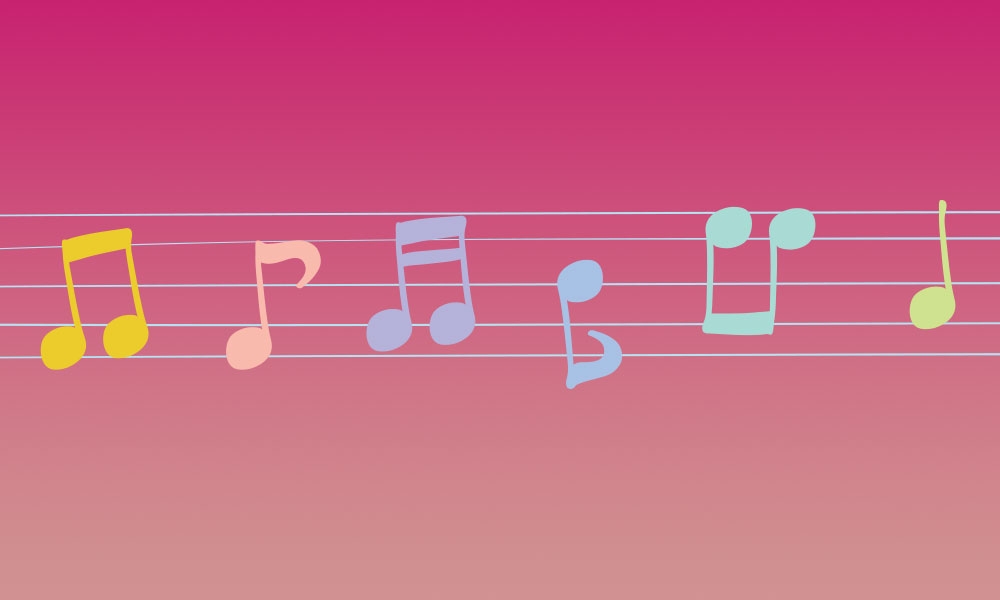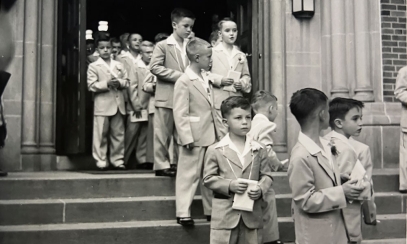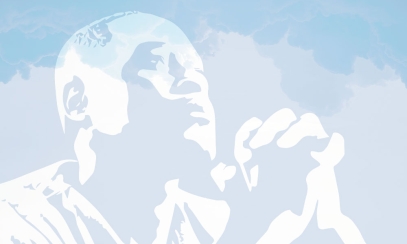
The joy of cantoring
My spiritually advanced 16-year-old grandson asked a question the other day: “When have you felt closest to the Lord?” He received various answers, most related to being in love, which makes sense. God is love.
My spiritually advanced 16-year-old grandson asked a question the other day: “When have you felt closest to the Lord?” He received various answers, most related to being in love, which makes sense. God is love.
Personal experience
My answer was a little different. I have felt closest to the Lord a few times when I sang a special song as a cantor at church. At that time, I felt like I was having a conversation directly with God, like it was just between Jesus and me.
I remember one special song, “Simon, Son of God,” after which I couldn’t get myself to leave church after Mass. I kept walking around the aisles feeling this warmth and closeness that I didn’t want to end, and knew it would as soon as I exited the parish.
While walking around, a lady came up to me and said, “That was different. I felt like I was witnessing a play or something.” Little did she know that the enactment seemed eerily real to me, and so much so that I have not been able to comfortably sing the song in church again. I’m afraid the strong emotion might return and overwhelm me.
One thing I concentrate on that makes cantoring special: I pray the song, rather than sing the song. That is, I don’t worry so much about singing the notes as I do about enunciating the words. Now rest assured, I work on the complex tunes and chants all week and pride myself in getting them right. But when it comes to celebrating the Mass, pray the words with a little tune behind them. I want the congregation and me to musically pray together.
Other testimonials
Other cantors have told me of special experiences while cantoring. One friend said an older man came up to him after Mass and, without any introductory pleasantries, said, “If I could sing, I would be you.” That is a lot stronger than saying he would want to “sing like him.” It is one of those comments my friend won’t soon forget.
Another cantor colleague said a woman came up to him after a Mass with such earnestness that it gave him pause. She put her hand on his shoulder, got up close and said, “When I come to Mass and see that you are singing, your voice touches my heart. You sound like an angel.” She turned and walked away, leaving him speechless. The deliberate way she approached and what she said made him think that she might have been the angel with a hit-and-run message of encouragement.
I told him, “You know, when people tell you something about yourself that you aren’t expecting? It’s something you can’t help but like, and it’s hard to say no to it. It makes you want to become the person they think you are. So, I guess you are going to have to work on being an angel!”
Knowing him pretty well, I ended our conversation with, “Good luck, old buddy.”
Rewards of involvement
There are many rewarding roles in the Church. Extraordinary ministers of holy Communion can look into the eyes of each person to whom they give the body and blood of Christ, or ushers can help the shy, disabled or visiting person find a good seat.
It wasn’t until I ushered for a few Sundays that I realized that via greeting and seating people, taking up the collection, counting attendance, directing the Communion procession and giving out bulletins, I was making personal contact with maybe three-quarters of the people at Mass. That is a remarkably broad spiritual connection.
Despite the virtues of these other ministries, cantoring remains the crowning experience for me.
Beyond all others
I was leaving Mass after cantoring one evening, and I stopped to ask a child sitting on a wall if he had served that night. He said no, but his friends had.
Playing it safe, I said, “What are you, a sixth grader?” He said, no, that he was in third grade, going into fourth, and that he was training to be a server.
I said, “That’s great, to be involved on the altar — and it makes the Mass go faster.”
As I walked away, he said, “Your singing was good tonight.”
I paused, looked back and thanked him. If I could reach a third grader with my music, that was a reward beyond all others.
Thomas Dorsel, Ph.D., is professor emeritus of psychology and a graduate of the University of Notre Dame. He lives on Hilton Head Island with his wife Sue and is a parishioner at St. Francis by the Sea Church. Visit him at dorsel.com.



